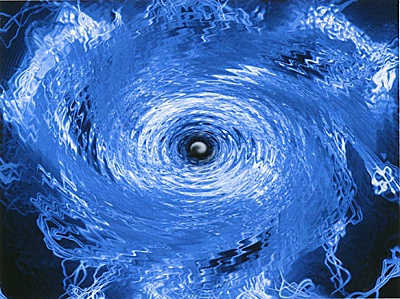All Nonfiction
- Bullying
- Books
- Academic
- Author Interviews
- Celebrity interviews
- College Articles
- College Essays
- Educator of the Year
- Heroes
- Interviews
- Memoir
- Personal Experience
- Sports
- Travel & Culture
All Opinions
- Bullying
- Current Events / Politics
- Discrimination
- Drugs / Alcohol / Smoking
- Entertainment / Celebrities
- Environment
- Love / Relationships
- Movies / Music / TV
- Pop Culture / Trends
- School / College
- Social Issues / Civics
- Spirituality / Religion
- Sports / Hobbies
All Hot Topics
- Bullying
- Community Service
- Environment
- Health
- Letters to the Editor
- Pride & Prejudice
- What Matters
- Back
Summer Guide
- Program Links
- Program Reviews
- Back
College Guide
- College Links
- College Reviews
- College Essays
- College Articles
- Back
Smart Speakers: A Useful Tool, But Buyer Beware
Just a couple of months ago, a report about a family whose privacy was violated by their Amazon Echo got a lot of attention. Apparently the device was activated without their knowledge, recorded their conversation, and then sent the recording to somebody on their list of contacts. Incidents like this make it clear why consumers have to be careful when adopting new technology, since sometimes the convenience such devices offer can come with an unexpected downside.
Smart speakers like the Amazon Echo and Google Home bring Intelligent Personal Assistants (IPAs) into your home and potentially connect them with other smart devices there. An increasing number of households are using smart speakers to activate entertainment systems and home appliances, as well as for getting information, just like using the IPA on your smart phone. (“Siri, what’s the temperature outside?”) Smart speakers are voice activated, so they have microphones that listen to and even record users at home when certain commands are given. This can be extremely convenient! Not having to get out of bed to adjust your thermostat could be a big help on a cold winter morning. Smart speakers can make ordering food or groceries easier, and they can even help you remember birthdays or appointments. Some of these features could be especially useful to older people or people with physical disabilities.
In the case of the family with the Amazon Echo, the smart speaker made a mistake. It “thought” a certain command had been given when it really wasn't. That shouldn’t be much of a surprise, though. We’ve all had the funny but frustrating experience of talking to the IPA on our phone but having it misunderstand our commands, no matter how many times we repeat ourselves. Voice recognition and the other algorithms behind IPAs just aren’t perfect enough yet to prevent mistakes. The same thing is true about smart speakers, which use the same technology. Plus, there are always the same security and privacy concerns you have to worry about with any electronic internet-connected device. All of these devices collect data that could later fall into unauthorized hands, like the many data breaches in the news, where customers’ bank accounts or credit cards were compromised. Smart speakers can also be hacked like any other device.
Devices like smart speakers can have a great deal of control in our houses. In fact, some devices can even unlock doors, which is a potential threat and extremely dangerous if hacked. If compromised, they can be efficiently used in burglaries.
When deciding whether you need a smart speaker (or any new device) you have to ask yourself: does it work well enough that I can trust it, or does it still need to be improved to make it safe and reliable? It’s the same kind of question you would ask yourself before buying a self-driving car, or even a regular car. You should think about how you plan to use the device. Is the convenience it offers worth the possible risk of something going wrong?
Ultimately, that family did not suffer real harm. However, things could have gone much worse, so this incident should be a reminder that sometimes “smart” devices can be too smart for their own good… or yours.

Similar Articles
JOIN THE DISCUSSION
This article has 0 comments.

Innovation can be fun, exciting and helpful. But, like any other piece of technology, the use of smart speakers can lead to unintended consequences. It's a pattern that has repeated itself with just about any piece of technology you can think of (from accidentally hitting "reply all" in an email to "pocket dialing" at inappropriate times). Yes, smart speakers can be a great addition to your house, but...buyer beware.